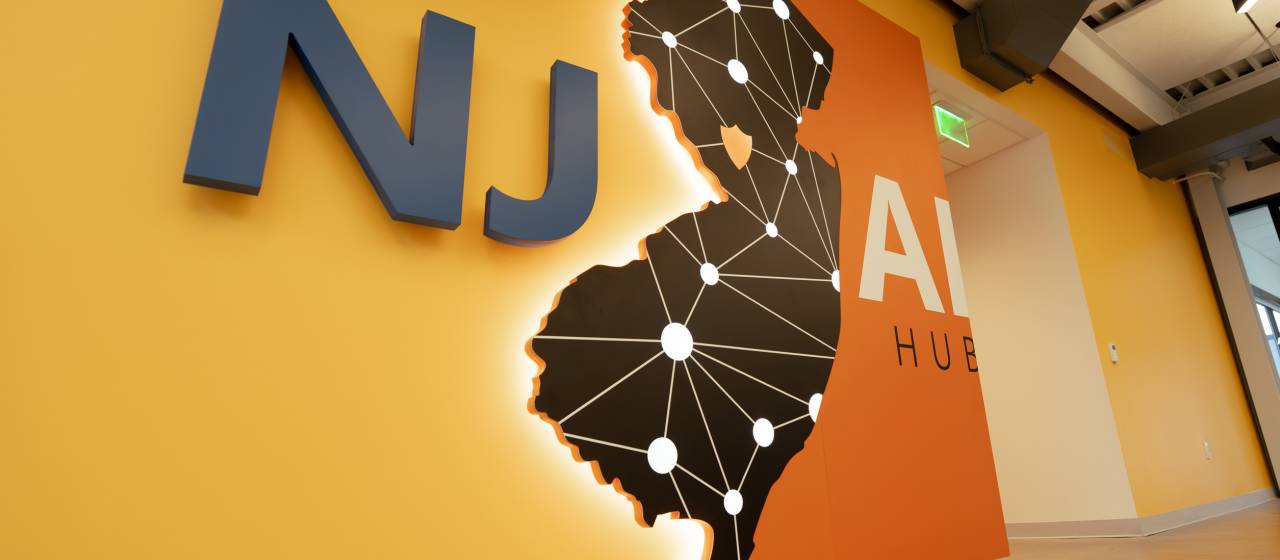Princeton tapped as partner for new NSF-funded AI Materials institute
Princeton University will be one of five higher education partners in a new National Science Foundation Artificial Intelligence Materials Institute (NSF AI-MI), marking a major investment in AI-driven materials discovery by the federal government.
The $20 million institute, scheduled to open this fall at Cornell University, will accelerate the discovery of next-generation materials essential for energy, sustainability and quantum technologies, according to the announcement. It will seek to leverage advances in AI technology and materials data to break through some of the limitations of existing AI algorithms.
In partnership with the technology company Intel, the NSF’s new Institute creates a coalition of scientists, materials researchers and data scientists from Cornell, Princeton, the City College of the City University of New York and Boston University.
The Institute’s emphasis on the targeted design of new materials — which in this case brings material scientists’ expertise to bear on the rising tide of materials data derived from AI — is likely to yield promising leads that scientists can pursue with confidence, said Professor of Chemistry Leslie Schoop, who will serve in the Institute’s executive management as a co-PI and expert in quantum chemistry and topological materials.
“I’m excited that people who understand materials are part of this group. It tells me that they’re really serious about doing this right,” said Schoop, who helped write the proposal for the Institute.
In a press release announcing the Institute, Cornell Provost Kavita Bala said: “We have reached a key moment in the development of artificial intelligence and materials research when the integration of the two fields will lead to powerful new mechanisms for discovery and development. AI-MI collaborators are poised to find solutions in quantum computing, sustainable energy, and other realms at a faster pace and in greater depth than ever before.”
“Artificial intelligence is key to strengthening our workforce and boosting U.S. competitiveness,” said Brian Stone, who is performing the duties of the NSF director, in an NSF press release. “Through the National AI Research Institutes, we are turning cutting-edge ideas and research into real-world solutions and preparing Americans to lead in the technologies and jobs of the future.”
Plans for AI-MI include the AI Materials Science Ecosystem (AIMS-EC), “an open, cloud-based portal that couples a science-ready large language model (LLM) with targeted data streams, including experimental measurements, simulations, images and scientific papers,” the announcement said. There will also be an educational component “to help prepare students of all levels for careers at the intersection of AI and the physical sciences.”
Another Princeton scholar involved with the National AI Research Institutes is Jason Lee at the AI Institute for Foundations of Machine Learning (NSF IFML). Lee is a visiting research scholar in electrical and chemical engineering at Princeton.
NSF has funded National AI Research Institutes since 2020, establishing centers for AI in astrophysics, food systems, and engaged learning and many other areas. The institutes also work to engage the public through outreach and educational programs. AI-MI is one of five new NSF institutes established in 2025 with a $100 million investment.
Latest Princeton News
- Smithsonian executive Kevin Gover ’78 and Fields Medalist mathematician Terence Tao *96 to receive top alumni awards
- Princeton senior Isam Mina awarded Rhodes Scholarship for Jordan
- Founding partner Microsoft to bring new Discovery AI technology to NJ AI Hub
- Celebrate Princeton Innovation spotlights entrepreneurial researchers and their impact
- Prospect House spaces dedicated for ‘exemplary individuals’ who helped to shape the University and the world
- Russell Kulsrud, one of the last survivors of Project Matterhorn, dies at 97













